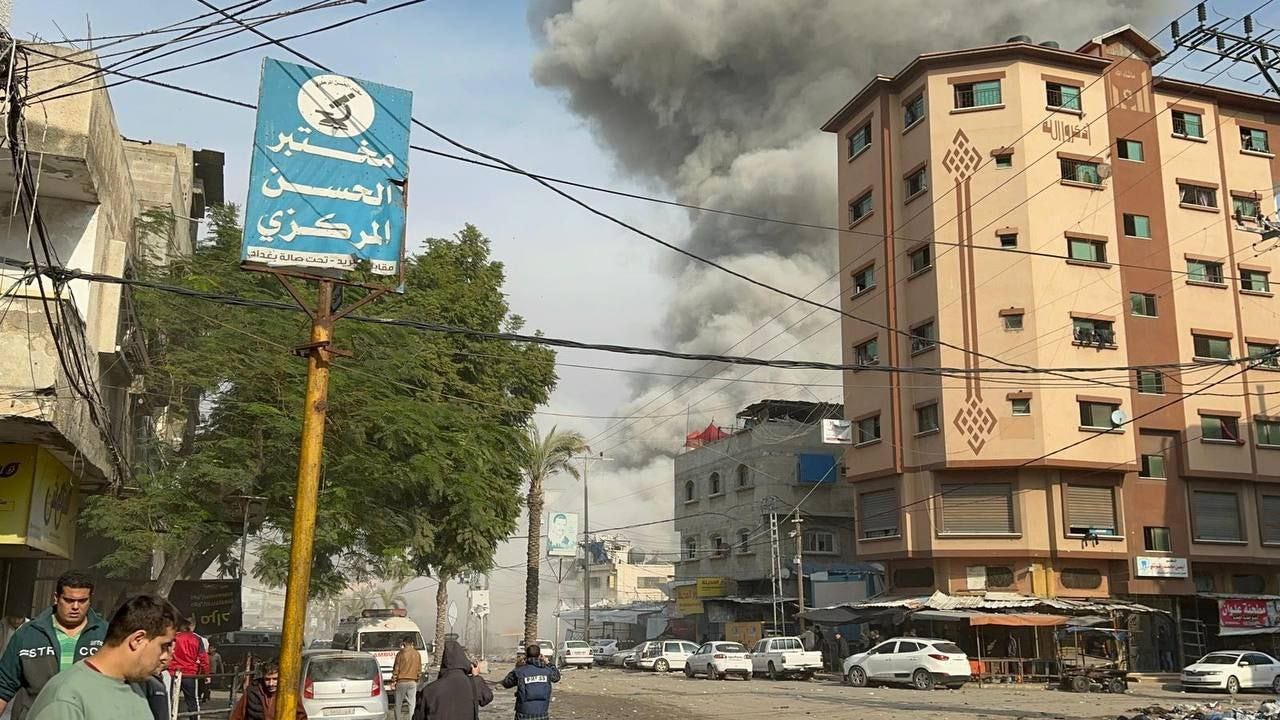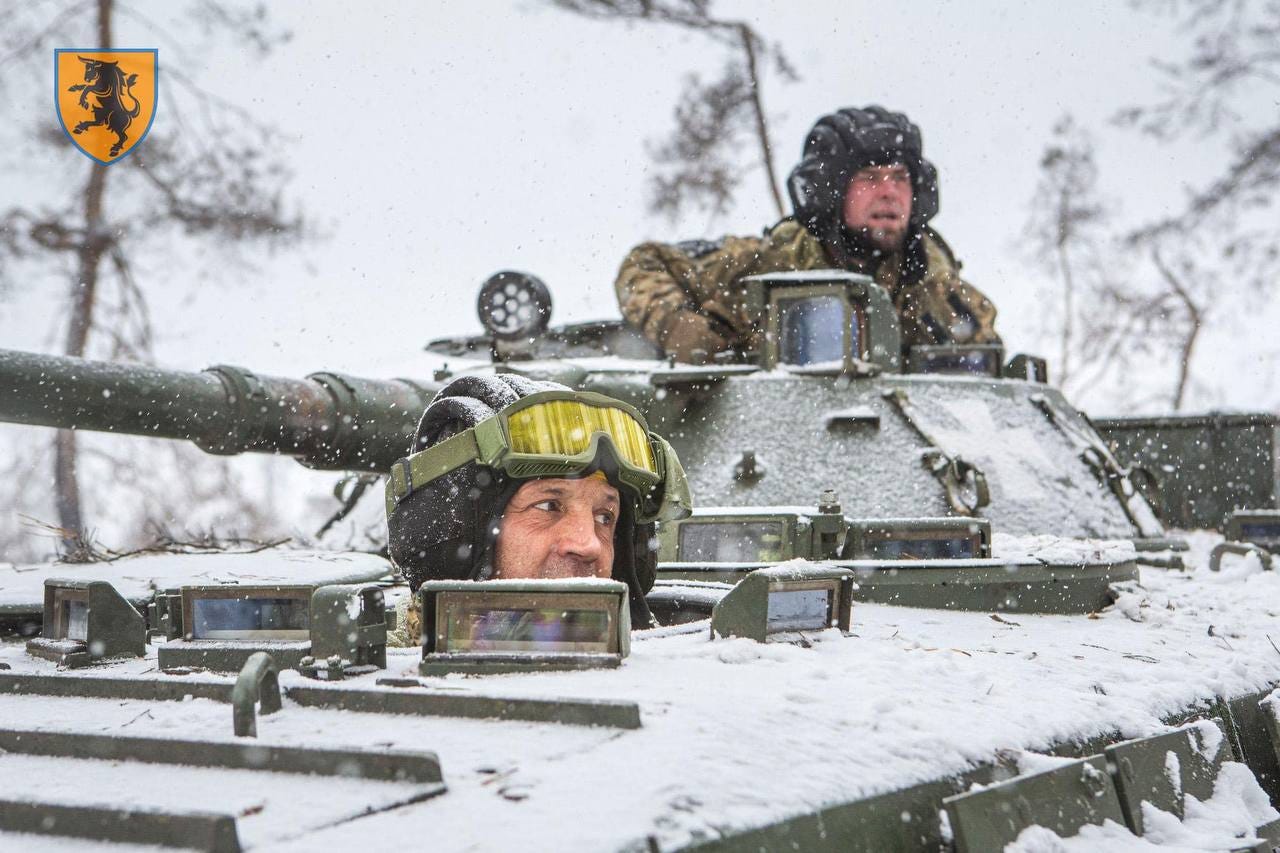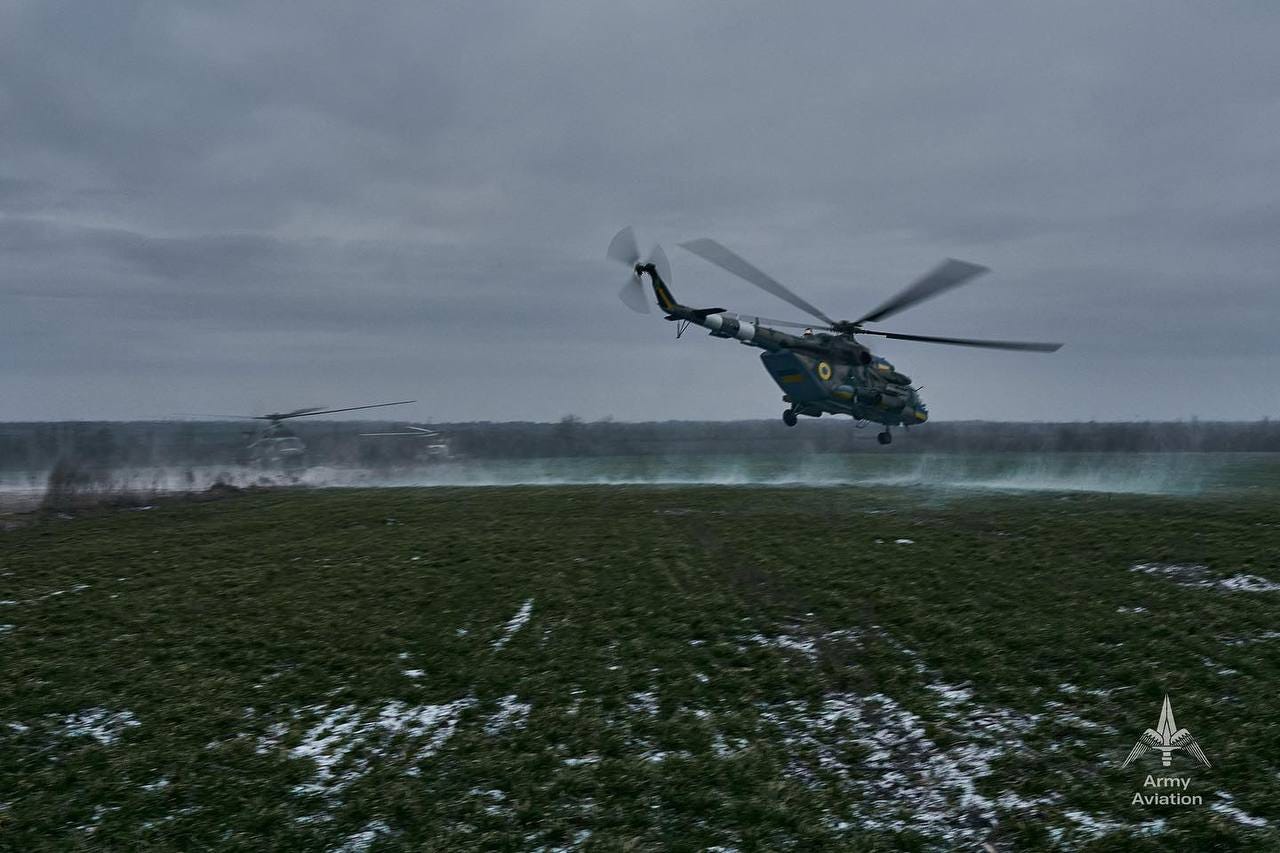Lessons Learned from Gaza to Kyiv
Israel’s Bombing Campaign in Gaza: Collective Punishment Won’t Defeat Hamas
The Future of European Defense
Learning From Real Wars: Gaza and Ukraine
Why Hamas Attacked When it Did
Assessing Ukraine’s Counteroffensive
Islamic State Khorasan Eyes China
Allied Strategies for China
Defeat-ISIS Mission Rollup for November
Israel’s Bombing Campaign in Gaza: Collective Punishment Won’t Defeat Hamas
Robert Pape in a piece in Foreign Affairs discusses Israel's military campaign in Gaza, highlighting its significant civilian impact, with thousands displaced and casualties reported. The bombing campaign, characterized as a massive act of collective punishment, has faced criticism for its indiscriminate nature, impacting civilians more than achieving its stated goal of countering Hamas. The article argues that historical evidence, including World War II and recent conflicts, demonstrates that large-scale bombing rarely achieves its objectives and tends to strengthen the resolve of targeted populations. Despite the extensive military operations, the analysis suggests that Israel has not significantly weakened Hamas or its control over Gaza. The text concludes by proposing a shift in strategy, emphasizing a combination of targeted military actions against Hamas leaders and a political approach focused on a two-state solution. The argument stresses the need for Israel to take unilateral steps, including freezing settlements and demonstrating commitment to a political resolution, to address the root causes of the conflict and undermine support for Hamas.
https://www.foreignaffairs.com/israel/israels-failed-bombing-campaign-gaza
The Future of European Defense
RUSI put out an interesting piece about the future of European security where they argue that 2023 has witnessed the UK and NATO allies heavily engaged in supporting Ukraine and managing economic and social challenges, with a simultaneous response to sudden violence in the Middle East. However, acute short-term issues have shifted focus away from an escalating threat of a more severe conflict in the near future. Russia's shift to a wartime economy and the US's struggle to replenish stockpiles intensify the situation. Europe, grappling with an unsustainable peacetime defense posture, faces increased vulnerability due to the growing threat from China in the Indo-Pacific, jeopardizing NATO's reliance on the US.
Despite initial shortages, Russia's military supply situation in Ukraine has improved through increased production and support from North Korea and Iran, signaling a commitment to a prolonged war strategy. While potential long-term economic consequences loom, Russia plans a significant defense spending increase. In contrast, Europe's lag in defense investments leaves it susceptible to concurrent military aggression by Russia.
The article underscores the urgent need for Europe to invest in defense production capacity, highlighting the slow progress of the European Defense Agency's artillery procurement program and depleted defense stockpiles. It dismisses the feasibility of negotiating a ceasefire with Russia, advocating for large-scale defense industrial production to sustain Ukraine's progress and encourage Russia to negotiate. The warning against underestimating Putin's opportunism stresses NATO's role in deterring Russian aggression amidst a growing Chinese threat. Urgent investment in defense production, particularly in ammunition, spare parts, and air defense capabilities, is urged, emphasizing the necessity of political leadership to justify these actions. The article concludes by emphasizing the immediate necessity for substantial defense investment to counter rising threats from Russia and China, urging decisive action to avoid unpreparedness and potential catastrophic consequences.
Learning From Real Wars: Gaza and Ukraine
A new article in War on the Rocks delves into the impacts of ongoing conflicts in Ukraine and Gaza on the evolving nature of warfare, emphasizing three critical areas where the U.S. military may be inadequately prepared for future conflicts. First, it highlights the challenges of large-scale urban warfare, indicating that despite increasing urbanization trends, the U.S. military's readiness for such intense battles remains insufficient. The conflicts in Ukraine and Gaza exemplify the gravity of urban warfare, necessitating better organizational preparedness and training for U.S. ground forces.






